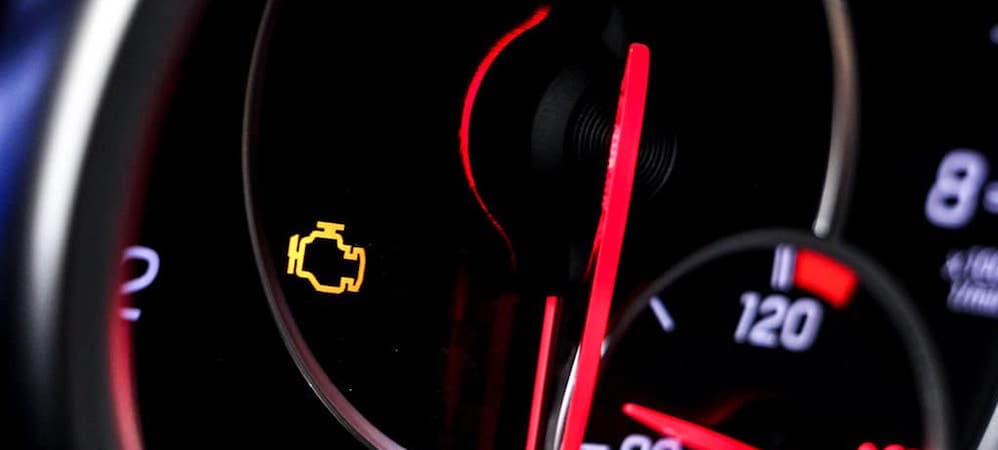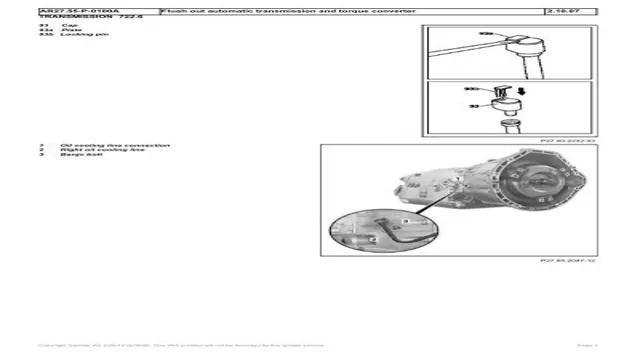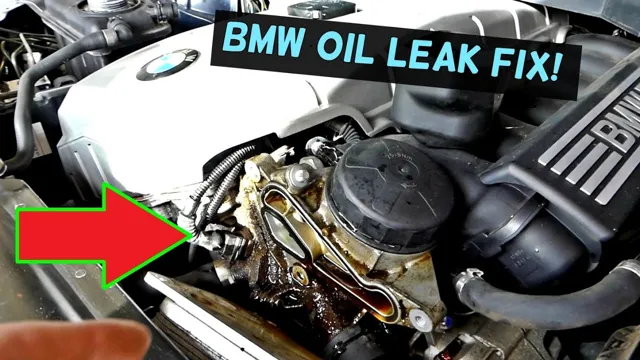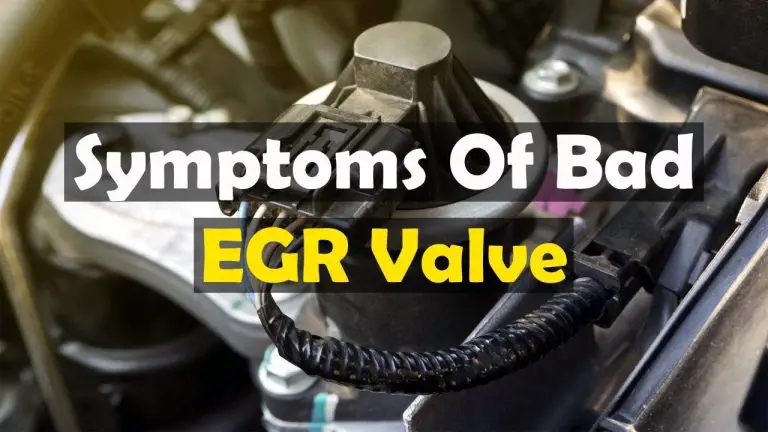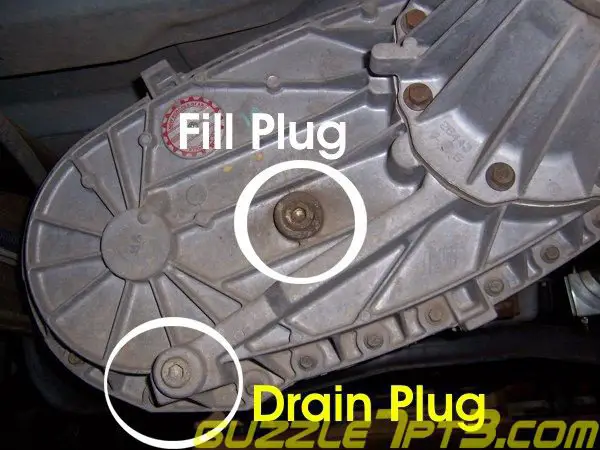HYUNDAI CHECK ENGINE LIGHT: Troubleshooting Made Easy
The Hyundai Check Engine Light can come on due to various reasons, including an empty fuel tank, electrical system issues, a missing or loose gas cap, or problems with the emission control system. If your check engine light is solid, it indicates a lower severity issue, but it is still recommended to get it diagnosed and fixed.
However, if the light is flashing, it is important to bring your car in for immediate repairs. Continuing to drive with the check engine light on can lead to serious damage and more expensive repairs.
Common Causes Of Hyundai Check Engine Light
When your Hyundai check engine light comes on, it can be worrisome, as it indicates that there is a problem with your vehicle. There are several common causes that can trigger the check engine light. Understanding these causes can help you diagnose and address the issue promptly. Here are some of the common causes of Hyundai check engine light:
Low Fuel Level
One of the simplest and most common causes of the check engine light in a Hyundai is a low fuel level. When your fuel tank is empty or extremely low, it can trigger the check engine light to come on. This usually serves as a reminder for you to refuel your vehicle. Ensuring that you have enough fuel in your tank can prevent this issue.
Electrical System Issues
Another common cause of the check engine light in Hyundai vehicles is a problem with the electrical system. Issues such as a faulty sensor, a malfunctioning oxygen sensor, or a problem with the ignition system can trigger the check engine light. It is essential to have the electrical system checked and repaired by a qualified technician to resolve this issue.
Loose Gas Cap
A loose gas cap is often overlooked but can cause the check engine light to turn on in your Hyundai. If the gas cap is not screwed on tightly enough or is missing altogether, it can lead to an imbalance in the fuel system, triggering the check engine light. Simply tightening or replacing the gas cap can resolve this issue.
Emission Control System Problem
The emission control system plays a crucial role in reducing harmful emissions from your vehicle. If there is a problem with this system, such as a malfunctioning catalytic converter or a faulty oxygen sensor, it can trigger the check engine light. Addressing the issue promptly and repairing or replacing the components of the emission control system can resolve this problem.
These are some of the common causes of the check engine light in Hyundai vehicles. It is essential to take the check engine light seriously and have the underlying issue diagnosed and resolved as soon as possible. Ignoring the check engine light can lead to further damage to your vehicle and potentially costlier repairs.
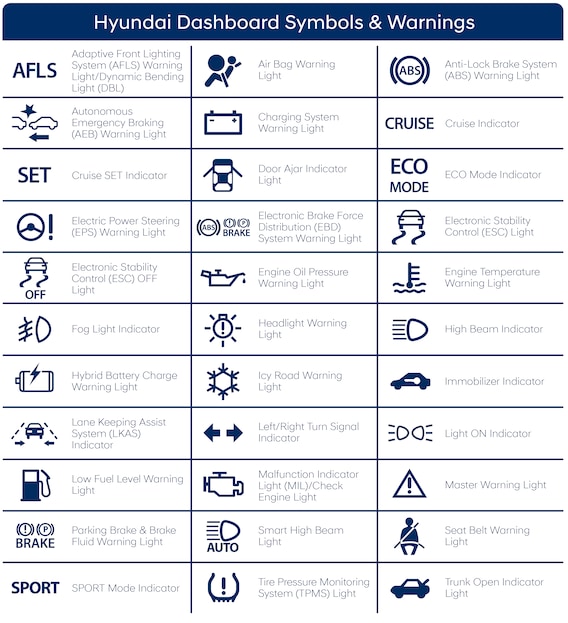
Credit: www.mattbowershyundai.com
Severity Of The Check Engine Light
The severity of the Hyundai check engine light varies but needs prompt attention for diagnosis and repair. A solid light indicates lower severity, while a flashing light requires immediate addressing to prevent potential damage. Ignoring it may lead to more serious issues and costly repairs.
Solid Light Indication
When the check engine light in your Hyundai is solid, it indicates a lower severity issue. However, it is still a sign that you need to take action and address the problem. Ignoring a solid check engine light can lead to more serious damage and costly repairs down the line. Therefore, it is important to make an appointment with a qualified mechanic to diagnose and fix the underlying issue. This will help prevent further complications and maintain the performance and safety of your vehicle.Flashing Light Indication
If the check engine light in your Hyundai is flashing, it is essential to take immediate action. A flashing check engine light typically indicates a more severe problem that requires urgent attention. Continuing to drive your vehicle with a flashing check engine light can potentially cause significant damage and lead to even costlier repairs. Hence, it is crucial to prioritize your safety and the health of your car by seeking professional assistance as soon as possible. In summary, the severity of the check engine light in your Hyundai can vary depending on whether it is solid or flashing. While a solid light suggests a lower severity issue, it still requires prompt attention. On the other hand, a flashing light indicates a more severe problem that demands immediate action. By addressing these issues promptly, you can prevent further damage and ensure the longevity and performance of your Hyundai.Impact Of Driving With The Check Engine Light On
Driving with the check engine light on can lead to:
- Ignored engine issues
- Unforeseen breakdowns
- Permanent damage to vital components
Continuing to drive with the check engine light illuminated may result in:
- Costlier repairs
- Extended downtime for your vehicle
- Reduced overall lifespan of your car

Credit: m.youtube.com
Diagnosing And Addressing The Check Engine Light
The check engine light in your Hyundai can be a cause of concern, but with prompt attention and professional diagnosis, you can effectively address the issue and prevent potential complications. Understanding the importance of a professional diagnosis and taking prompt repair actions is crucial to ensure the optimal functioning of your vehicle.
Professional Diagnosis Importance
When the check engine light illuminates in your Hyundai, it’s important to prioritize a professional diagnosis by a certified technician. Professional diagnosis involves using advanced diagnostic tools and expertise to identify the underlying issue triggering the light. Ignoring the check engine light can lead to severe performance issues and potential damage to your vehicle. By seeking professional diagnosis, you can accurately pinpoint the root cause and address it effectively, ensuring the longevity and efficiency of your Hyundai.
Prompt Repair Actions
Upon receiving a diagnosis for the check engine light, taking prompt repair actions is vital. Whether it’s addressing an electrical system malfunction, replacing a faulty sensor, or resolving an emission control issue, prompt action can prevent further damage and potential safety risks. By promptly addressing the identified problem, you can restore your Hyundai’s optimal performance and prevent costly repairs down the line.
Preventive Measures For Check Engine Light
Preventing issues that trigger the check engine light in your Hyundai is essential to maintaining a properly functioning vehicle. By adhering to regular maintenance and addressing potential issues promptly, you can minimize the likelihood of the check engine light coming on unexpectedly.
Regular Maintenance
Regular maintenance plays a crucial role in preventing the check engine light from illuminating in your Hyundai. By following the manufacturer’s recommended maintenance schedule, you can address potential problems before they escalate, ensuring your vehicle runs smoothly and efficiently. This includes regular oil changes, filter replacements, and routine inspections of vital components such as the oxygen sensor, spark plugs, and the catalytic converter.
Addressing Issues Immediately
Once you notice any unusual symptoms or indicators of potential problems, it’s important to address them immediately to prevent the check engine light from coming on. Ignoring minor issues can lead to more significant problems down the road, resulting in costly repairs and potential vehicle downtime. Keep an eye out for warning signs such as unusual noises, decreased performance, or changes in fuel efficiency to address issues promptly.
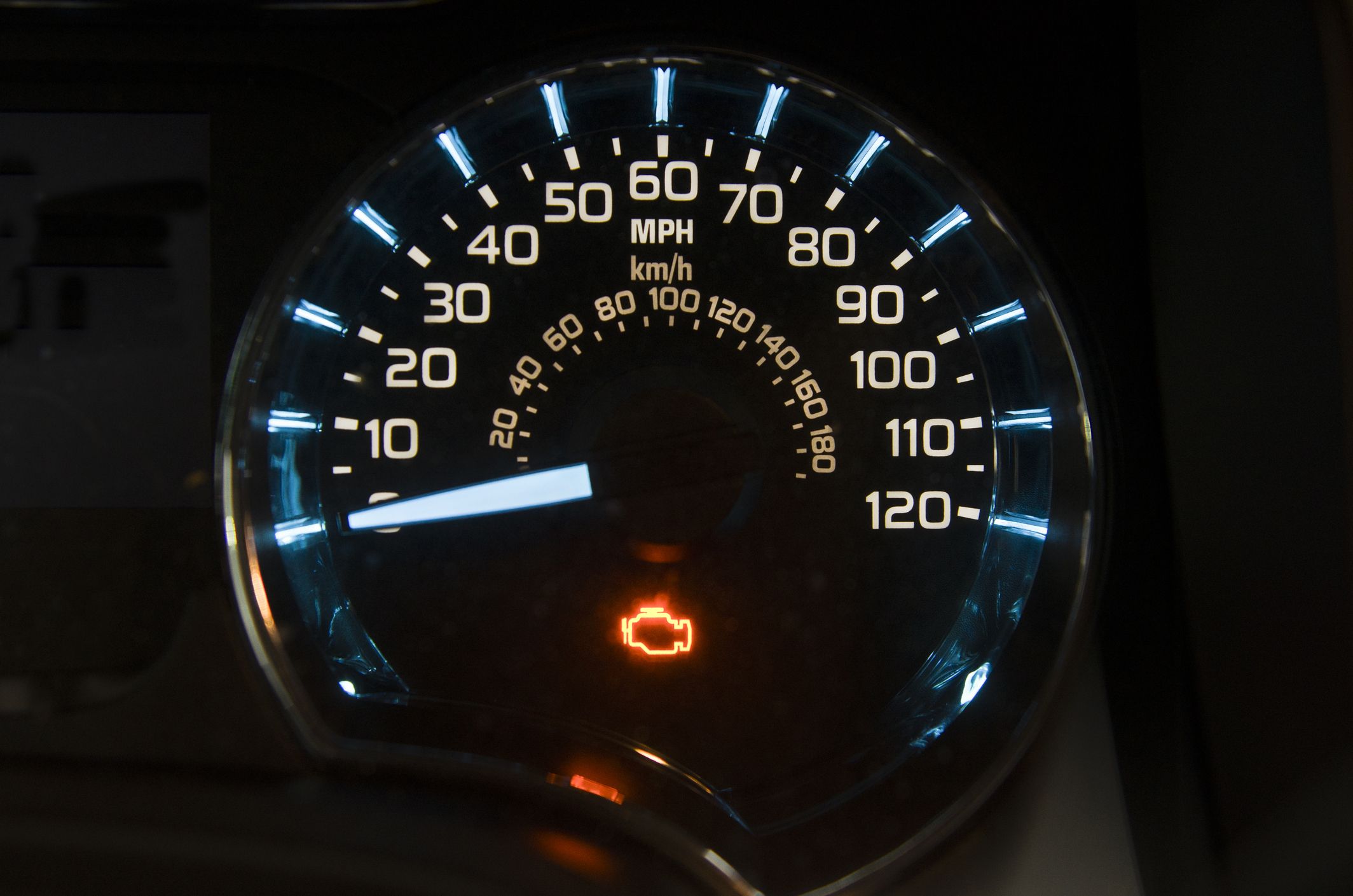
Credit: www.caranddriver.com
Frequently Asked Questions On Hyundai Check Engine Light
What Causes Hyundai Check Engine Light To Come On?
The Hyundai check engine light can come on due to various reasons such as an empty or low fuel tank, problems with the engine’s electrical system, a missing or loose gas cap, or issues with the emission control system.
What Is The Most Common Reason For Check Engine Light?
The most common reason for a check engine light is a failing oxygen sensor. It is important to have it replaced by a local auto repair shop to ensure proper measurement of unburned oxygen in the exhaust system. Driving with the check engine light on can lead to more serious damage and costly repairs.
How Serious Is A Solid Check Engine Light?
A solid check engine light is a warning that requires attention. A flashing light means immediate action is needed.
Is It Ok To Drive With Check Engine Light On?
Yes, it is not recommended to drive with the check engine light on as it could indicate a serious issue that needs immediate attention. Continuing to drive with the light on may lead to more severe damage and costly repairs.
Conclusion
If your Hyundai’s check engine light is on, don’t ignore it. Get it diagnosed and fixed promptly to avoid potential damage and costly repairs. Keep your vehicle running smoothly by addressing the underlying issues causing the light to illuminate. Stay proactive in maintaining your car’s health for a worry-free drive.

